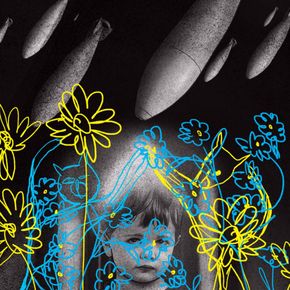School in the era of AI – threats and solutions
As part of Singapore’s “Smart Nation” strategy, artificial intelligence is intended to help teachers and improve the education process of students, especially those with special needs. AI will also provide automated grading and machine learning systems to ensure each student responds best to classroom materials and activities. South Korea has implemented AI-based systems to adapt homework and assignments to students’ educational level and “learning tendencies and behaviours.” Each child will have a personalised teacher based on artificial intelligence. In Finland, AI aims to promote equity and quality of learning locally and globally.
According to UNESCO, it is necessary to ensure that AI tools are integrated into learning systems under human-defined conditions and that the education sector cannot rely on corporate AI developers to regulate its work. In May this year, a global UNESCO survey of over 450 schools and universities found that less than 10% have developed institutional policies and formal guidelines for generative AI applications.
According to UNESCO, education should remain a profoundly human act rooted in social interactions. Students have suffered educationally and socially during the COVID-19 pandemic and digital-based learning. Generative AI can undermine teachers’ authority and status and strengthen the drive to automate education further: schools without teachers and education without schools.




























